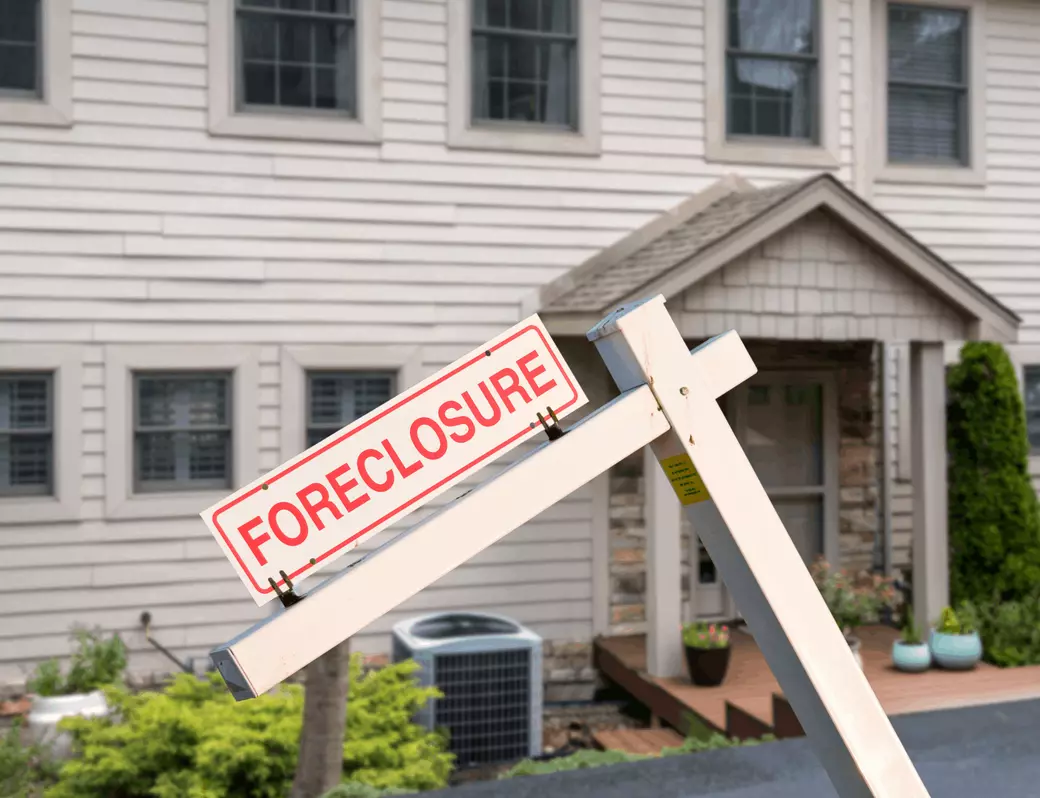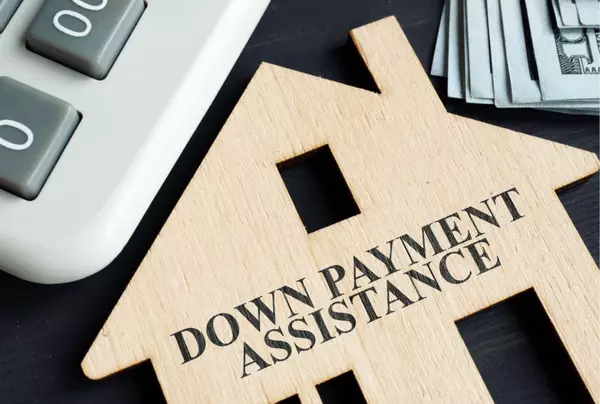Understanding the Differences Between Short Sales and Foreclosures

When facing financial difficulties as a homeowner, two options often come up: short sales and foreclosures. Both involve selling your home, but the process and impact on your financial future differ greatly. Understanding these differences can help you make informed decisions and protect your long-term financial health.
What is a Short Sale?
A short sale occurs when a homeowner sells their property for less than the outstanding mortgage balance. The lender must approve this type of sale, as they will accept less than what is owed. Typically, short sales are pursued when the homeowner is struggling to keep up with payments, but wants to avoid foreclosure and the damaging effects it can have on their credit.
Key Features of a Short Sale:
Homeowner-Initiated: The homeowner decides to pursue a short sale, usually as a proactive measure to avoid foreclosure.
Lender Approval:
The lender must agree to the sale price, which is lower than the remaining mortgage balance.
Less Impact on Credit:
While a short sale will negatively affect your credit score, the impact is generally less severe than a foreclosure.
Extended Process:
The short sale process can take several months because of the negotiation required between the homeowner, the buyer, and the lender.
Possible Deficiency Judgments:
Some lenders may require the homeowner to pay the remaining debt after the sale, though this can sometimes be negotiated away.
What is a Foreclosure?
A foreclosure happens when the homeowner defaults on their mortgage payments, and the lender seizes the property to recoup their losses. Once the property is taken, it is usually sold at auction or directly through the bank.
Key Features of a Foreclosure:
Lender-Initiated:
The foreclosure process is started by the lender once the homeowner defaults on payments, usually after a specified period of missed payments.
Severe Credit Impact:
A foreclosure has a significant, long-lasting negative impact on your credit score, staying on your credit report for up to seven years.
Quick Process:
Depending on the state, a foreclosure can move quickly once the process is initiated. The homeowner may be forced to vacate the property soon after.
Loss of Property Control:
Unlike a short sale where the homeowner maintains some control over the sale, in a foreclosure, the lender takes control of the property.
Potential for Deficiency Judgments: Similar to short sales, some lenders may pursue the homeowner for the remaining balance of the mortgage after the foreclosure sale.
How Do Short Sales and Foreclosures Affect Your Financial Future?
Both short sales and foreclosures can have serious financial consequences, but they differ in how much damage they do to your credit and financial future.
Credit Score Impact:
A short sale may lower your credit score by 100 to 150 points, while a foreclosure can drop it by 200 to 300 points. The foreclosure remains on your credit report for seven years, while a short sale might be listed for a shorter period, depending on how it is reported.
Home Buying in the Future:
After a short sale, you may be able to buy a home again within two to three years, assuming you maintain good credit. Foreclosures, on the other hand, often require you to wait five to seven years before you’re eligible for another mortgage.
Emotional Toll:
Losing your home to foreclosure can be a traumatic experience. A short sale, while still stressful, allows the homeowner to take control of the process, which can lessen some of the emotional strain.
Which Option is Best for You?
Choosing between a short sale and a foreclosure depends on your unique situation. If you’re behind on mortgage payments but want to minimize the damage to your credit and possibly avoid losing control of your home’s sale, a short sale might be the better option. On the other hand, if you’re unable to pursue a short sale or can’t reach an agreement with your lender, foreclosure may be the only alternative.
Consulting with a real estate expert who understands these processes can provide you with valuable insight and help you navigate these difficult decisions. They can assist you in negotiating with lenders, evaluating your home’s market value, and exploring all your available options.
If you’re struggling with your mortgage or considering a short sale or foreclosure, reach out to our team at The Atlanta Home Experts. We’re here to help you explore your options and find the best path forward!
Recent Posts

Home Is Where the Hearth (and the Equity) Is: Getting Thanksgiving-Ready in Real Estate

How Buyers Can Be Successful in Today’s Market

Atlanta is Still Hot, But Not Just for the Reasons You Think

Rent is a Membership to Nowhere. Here’s How to Exit.

Credit Ugly? Let’s Fix It and Get You to the Closing Table.

Buy Now, Refi Later? Let’s Talk About It.

Your House Should Hustle Like You Do: Why It’s Time to Rethink Your Real Estate Strategy

It’s Not the Rates, It’s the Readiness: Why Waiting to Buy Is Costing You More

The Pros and Cons of Using Down Payment Assistance

How to Choose the Best Brokerage for You—We’re Hiring!

